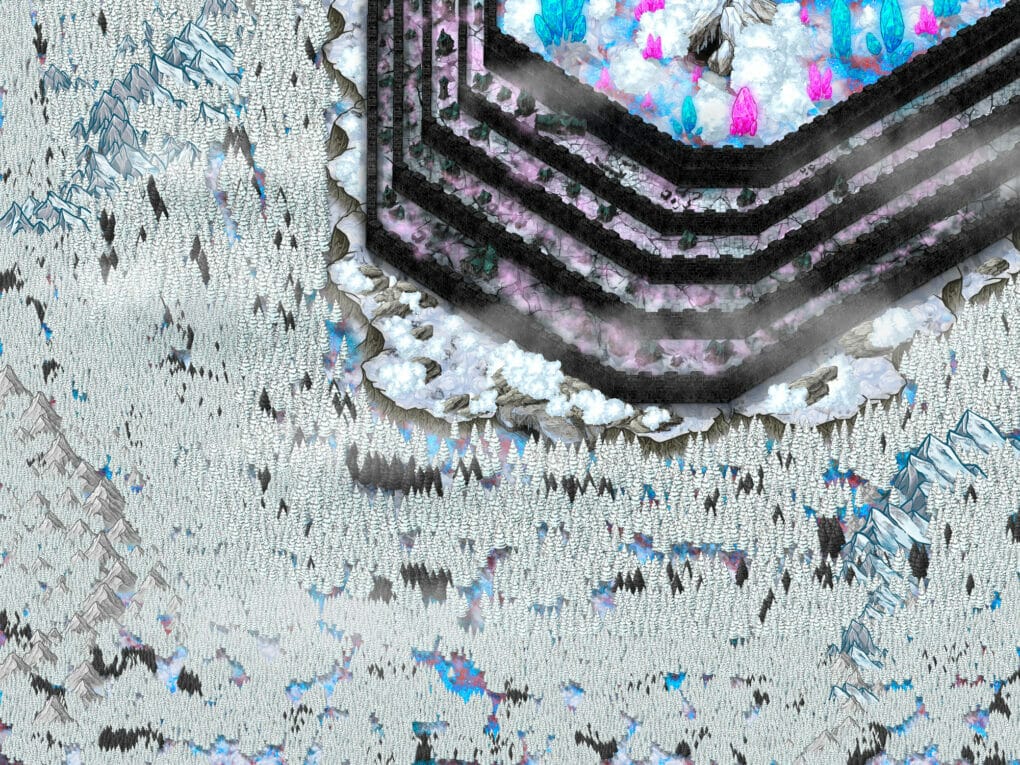Other cultures have different types of shapeshifting animals while we seem to focus on wolves. I’m real tired of werewolves. Unless it’s Underworld, then I love lycans.
Raccoon-dog or tanuki is another popular creature in anime. In most shows, it’s there to be adorable. It is so useless. The tanuki is a reminder that not all creatures in my world building have to be vicious or even scary looking. They can simply be pets or harmless tricksters.


The fox-like animal appears often as shapeshifters with supernatural powers and mischievous tendencies. They can pass off leaves and pebbles as notes and coins to fool unsuspecting humans. They kidnap brides and impersonate them to attend wedding feasts.


I didn’t even know raccoon dogs were actual animals!

They’re adorable..and a little creepy. Those eyes are demony. I can use them in a story.
The tanuki has a long history in Japanese legend and folklore.

The fox-like animal appears often as shapeshifters with supernatural powers and mischievous tendencies. They can pass off leaves and pebbles as notes and coins to fool unsuspecting humans. They kidnap brides and impersonate them to attend wedding feasts.
Tanuki used to be seen as malevolent. They assumed human form, haunted and possessed people, and were considered omens of misfortune. Many centuries later, they evolved into tricksters, aiming their magic and belly-drum music at travelers. Today, the tanuki are cheerful, lovable, and benevolent beings who bring prosperity and business success. Ceramic statues of tanuki are found everywhere in modern Japan, especially outside bars and restaurants.

The Tanuki is commonly depicted with a big tummy, a straw hat, a bewildered facial expression and a giant testicles- which has been known to turn into a parachute. (I kid you not). Tanuki are also portrayed as cute and lovable characters in modern cartoons and movies.

Compared with kitsune (foxes), which are the epitome of shape-changing animals, there is the saying that “the fox has seven disguises, the tanuki has eight.” The tanuki is thus superior to the fox in its disguises. However, unlike the fox, which changes its form to tempt people, tanuki shapeshifts to fool people. There is also the theory that tanuki simply like to change their form.
Sources:
Wikipedia: Tanuki




